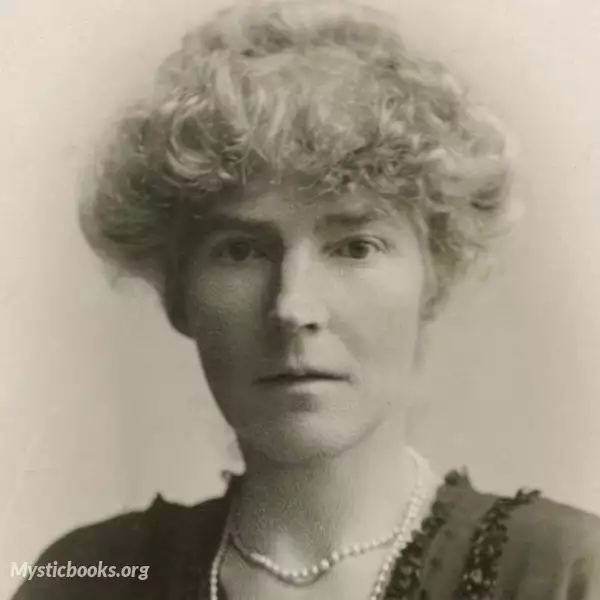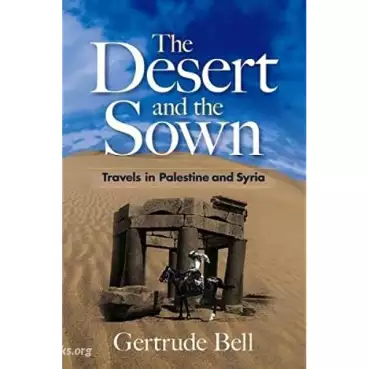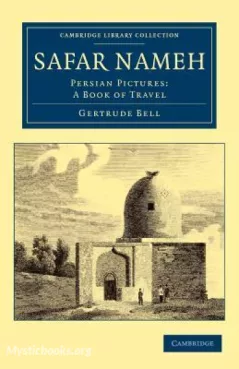
Timeline
Title
Country/Nationality
Gertrude Bell
Gertrude Margaret Lowthian Bell was an English writer, traveller, political officer, administrator, and archaeologist. She spent much of her life exploring and mapping the Middle East, and became highly influential to British imperial policy-making as an Arabist due to her knowledge and contacts built up through extensive travels. During her lifetime, she was highly esteemed and trusted by British officials such as High Commissioner for Mesopotamia Percy Cox, giving her great influence. She participated in both the 1919 Paris Peace Conference (briefly) and the 1921 Cairo Conference, which helped decide the territorial boundaries and governments of the post-War Middle East as part of the partition of the Ottoman Empire. Bell believed that the momentum of Arab nationalism was unstoppable, and that the British government should ally with nationalists rather than stand against them. Along with T. E. Lawrence, she advocated for independent Arab states in the Middle East following the collapse of the Ottoman Empire, and supported the installation of Hashemite monarchies in what is today Jordan and Iraq.
Gertrude Bell was born on 14 July 1868 in Washington New Hall—now known as Dame Margaret Hall—in Washington, County Durham, England. Her family was wealthy, which enabled both her higher education and her travels. Her grandfather was the ironmaster Sir Isaac Lowthian Bell, an industrialist and a Liberal Member of Parliament between 1875 and 1880. Mary (née Shield) Bell, the daughter of John Shield of Newcastle-on-Tyne and Gertrude's mother, died in 1871 while giving birth to a son, Maurice Bell (later the 3rd Baronet). Gertrude Bell was just three at the time, and the death led to a lifelong close relationship with her father, Sir Hugh Bell, 2nd Baronet, a progressive capitalist and mill owner who made sure his workers were well paid. Throughout her life, Gertrude consulted on matters great and small with her father, her personal role model. In particular, Hugh shared his knowledge of government and access to highly-placed officials with Gertrude.
Bell never married or had children. After graduating from Oxford, she spent two and a half years, from 1890 to 1892, attending the London social rounds of balls and banquets where eligible young men and women paired off, but failed to find a match. After arriving in Persia in 1892, she courted Henry Cadogan, a mid-ranking British diplomat in Tehran, but was refused permission to marry him after her father discovered that Cadogan was deeply in debt and not her social equal. Cadogan died in 1893; Bell received the news via telegram. She befriended British colonial administrator Sir Frank Swettenham on a visit to Singapore with her brother Hugo in 1903 and maintained a correspondence with him until 1909. She had a "brief but passionate affair" with Swettenham following his retirement to England in 1904. She had an unconsummated affair with Major Charles Doughty-Wylie, a married man, with whom she exchanged love letters from 1913 to 1915. Doughty-Wylie died in April 1915 during the Gallipoli Campaign, a loss which devastated Bell.
Books by Gertrude Bell

Syria: the Desert and the Sown
Gertrude Bell's Syria: The Desert and the Sown describes her travels in the Levant (also called Greater Syria) during the first years of the 20th century. In this vivid and painstakingly documented narrative, Bell recounts her visits to Damascus, Jer...

Safar Nameh, Persian Pictures: A Book Of Travel
Embark on an extraordinary journey through the enchanting landscapes and vibrant culture of Persia with "Safar Nameh, Persian Pictures: A Book Of Travel" by Gertrude Bell. Step into a world where the veil of time is lifted, revealing the beauty and r...

Amurath to Amurath
Gertrude Bell's 'Amurath to Amurath' offers a firsthand account of her five-month journey through the Middle East during a period of significant political and social upheaval. As a renowned explorer and chronicler, Bell provides insightful observatio...